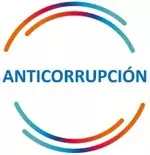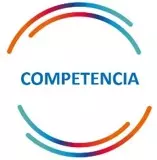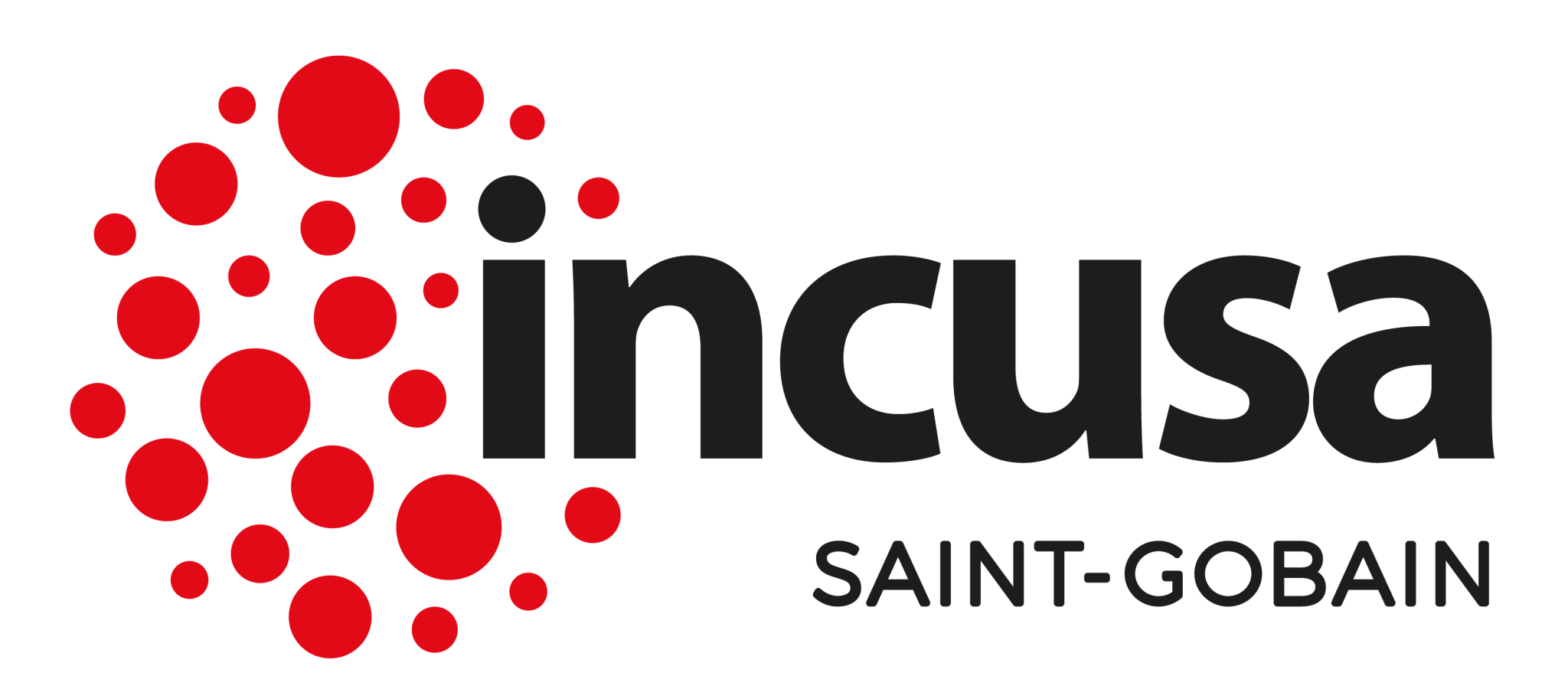Compliance
The world we live in is undergoing profound changes: we are moving towards greener economies, aspiring to be more locally based and moving towards ‘all-digital’. These challenges, which require adaptations, can pose risks to business.

The Principles of Conduct and Action contain the Group's core values:
- Conduct: professional commitment, respect for others, integrity, loyalty and solidarity.
- Action: respect for the law, care for the environment, workers‘ health and safety and employees’ rights.
These Principles of Conduct and Action are the basis for all our internal policies and rules, in all areas. Compliance with them is a permanent obligation that applies to all Saint-Gobain Group employees worldwide. The principle of zero tolerance for non-compliance with these Principles is regularly recalled by Saint-Gobain’s General Management and applies to each and every level of the hierarchy and in all the above-mentioned areas.

The fight against corruption
Risks associated with Facilitation Payments:
Small amounts of money or advantages of small value paid or given without receipt to a public employee to secure or accelerate an administrative procedure. Facilitation payments are prohibited in Saint-Gobain as a whole, even in countries where they are legally authorised.
Relationship Risks with Public Employees:
A public employee is a person vested with a legislative, administrative or judicial mandate within a State, exercises a public function or has a public service mission. The Saint-Gobain Group strictly prohibits any attempt to obtain favourable treatment from a public employee by means of gifts, invitations, cash or by giving any other undue advantage. Any such request from a public employee must be unequivocally rejected.
Risks associated with Public Tenders and Competitive Tenders:
In a call for tenders, a purchaser asks several suppliers or service providers to make a financial offer in response to the specifications in which they state their need for products or services. A call for tenders is public when the contracting party is a public person and private when it is a private person. When the SaintGobain Group is a contractor in a tendering process, employees must in no case favour a participant for personal considerations that have nothing to do with the quality and/or the prices of the products or services proposed. Moreover, when the Group participates in a call for tenders, its employees must under no circumstances influence the contractor in any way whatsoever.
Risks related to gifts and invitations:
A gift is an object (provision of accommodation, invitation to an event or any other benefit) that has an economic value and is given to the beneficiary free of charge. Gifts and entertainment are not illegal per se, provided that they are given/received without expectation of anything in return. However, they must always be in accordance with the Saint-Gobain Group Procedure: they must have a professional justification, be sent to a professional address, respect the value limits set out in the policy and must not be given just before a call for tenders. Gifts must only be offered as a courtesy within the framework of normal relations, taking into account the customs and practices of the country in which the gift is offered. They must never be used to incite or have the effect of inciting the recipient to neglect his or her professional duties.
Risks due to Patronage - Donations and Sponsorship:
We understand Patronage as a financial, skills or material support provided by a company without seeking a direct economic consideration, to an organisation that exercises a non-profit activity. Donations are a grant for charitable purposes of an amount of money, goods or services, without expecting a direct consideration from the beneficiary, not even an advertising compensation. Sponsoring is defined as a communication technique that consists of contributing financially and/or materially to a social, cultural or sporting action. The beneficiaries of patronage, donation or sponsorship operations must be subject to prior checks (reputation, scope of activity and relations with any politically exposed persons). In addition, all contributions, whether in the context of sponsorship, donations or patronage, must go through an approval process, which becomes more rigorous as the value of the contribution increases. Particular attention must be paid to the purpose of funding and donations. Los beneficiarios de operaciones de mecenazgo, de donaciones o de patrocinio tienen imperativamente que ser objeto de comprobaciones previas (reputación, perímetro de actividad y relación con eventuales personas expuestas políticamente). Además, todas las contribuciones, que se realicen en el marco de un mecenazgo, de una donación o de un patrocinio, tienen que pasar por un proceso de aprobación cuyo rigor se va intensificando a medida que aumenta el valor de la contribución. Una atención especial tiene que concederse a la finalidad de las financiaciones y donaciones.
Conflict of interest risks:
A person is in a conflict of interest situation when direct or indirect personal interests pertaining to his or her private sphere are (or may be) in contradiction with the interests of the Group, and thus may influence the impartial exercise of his or her duties. This may involve the personal interests of an employee, close associates, customers, suppliers or even partners of the Group with whom the person has established extra-professional ties. Conflicts of interest are not illegal per se, but they may cast doubt on the objectivity and impartiality of a decision and create an environment conducive to corruption, influence peddling, illegal acquisition of interests and favourable treatment. For this reason, Saint-Gobain considers that they must be identified, declared and dealt with as soon as they become apparent, before any commercial action is taken and in compliance with the Business Principles and Business Principles mentioned above. Los conflictos de intereses no son ilícitos en sí, pero pueden suscitar dudas sobre la objetividad y la imparcialidad de una decisión y crear un entorno que favorezca la corrupción, el tráfico de influencia, la adquisición ilegal de intereses y tratos de favor. Por esta razón, Saint-Gobain considera que tienen que ser identificados, declarados y tratados nada más manifestarse, antes del inicio de cualquier acción comercial y dentro del cumplimiento de los Principios de Comportamiento y de Actuación ya mencionados anteriormente.
Risks in dealings with Intermediaries (Agents/Commission Agents):
A commercial intermediary is a person or a company involved in a commercial relationship between a Group company and a customer or a supplier. This may be a commercial agent, a business ‘broker’, a ‘trader’ or, in some cases, a distributor. These relationships, which involve risks, require: a) Prior checks in accordance with the rules established by the Group. . b) Formalisation of the relationship in a written contract that is signed by the parties and includes corresponding clauses and annexes, explaining the Group's anti-corruption requirements. c) Regular monitoring of contracts and updating of checks at the time of renewal.
Risks associated with Lobbying:
Lobbying is the action of directly or indirectly influencing public decision-making, such as the content of a law or regulation, by interacting with one or more public decision-makers. Lobbying is strictly regulated by local laws and is legitimate when it is based on objective means of influence (technical, commercial arguments, etc.), but not when it involves personal relationships or the granting of undue advantage. For this reason, lobbying must always be carried out in compliance with the applicable regulations, in full transparency, with professionalism and without ever granting any undue advantage to influence the outcome.
Recruitment Risks (HR):
Favoured employment consists of recruiting a candidate, under any type of contract, on the basis of personal relationships (family, friendship or affection) and not for strictly professional reasons. At SaintGobain, recruitments must be based on objective criteria of adequacy between the job description and the candidate's qualifications and any hiring decision must be made by at least two employees.
Risks due to Acquisitions, Disposals or Creation of Joint-Ventures:
The Group may decide to acquire new businesses (companies or various assets), divest others or create a joint venture (’ joint-venture ’) with an external partner. In this regard, it should be noted that acts of corruption potentially committed by a company prior to its acquisition by Saint-Gobain, or by a joint venture partner, may seriously expose the Group. For this reason, and in order to properly manage these corruption risks, Saint-Gobain carries out in-depth checks before closing the acquisition, sale or creation of a joint venture.

Competition

Embargos y sanciones económicas
On the other hand, it should be noted that the Saint-Gobain Group is active worldwide. However, its holding company is located in the EU and its management team is mostly composed of EU nationals, which results in a high exposure of all its activities to EU economic sanctions. Therefore, all employees of the Saint-Gobain Group must comply with EU sanctions laws and regulations. The Saint-Gobain Group has formalised a Policy on Embargos and Economic Sanctions, which aims to prevent the risk of business transactions concluded with embargoed countries and/or with persons/companies subject to sanctions. But at the same time and in light of the very broad scope of application of US sanctions laws and regulations, all employees of the Saint-Gobain Group must, as a general rule, comply with it. This rule can only be waived for certain exports where no link to the United States can be established. Please note that a transaction by a person or company that is not a U.S. person may also be subject to U.S. economic sanctions laws and regulations if it is conducted in USD (or in another currency that will be cleared in USD during the transaction) or involves a U.S. person (U.S. citizen/green card holder/resident/located in the U.S.). Other countries or zones in addition to those listed above may also have sanctions and embargoes in place. Economic sanctions may prohibit Saint-Gobain Group Entities from doing business, directly or indirectly, with certain ‘listed’ persons or entities. The names of these persons or entities are kept on specific lists administered by the various competent authorities, particularly in the EU or the United States (but not exclusively). The obligation to screen all business partners stems directly from these prohibitions, and is applied by the Saint-Gobain Group to avoid risks arising from its interactions with Third Parties.
PROFESSIONAL ALERTS

Finally, the Group has set up a platform for internal and external whistleblowing (professional alerts) available at the following address: https://www.bkms-system.com/bkwebanon/report/clientInfo?cin=CwmSdg&c=-1&language=eng or via QR code.
The platform is available in many languages and is used to report complaints (anonymously or not) about violations of the Principles and our Policies, procedures or the law.

